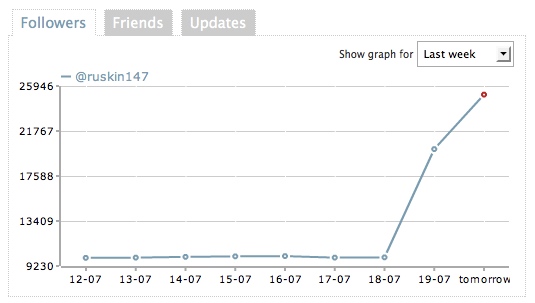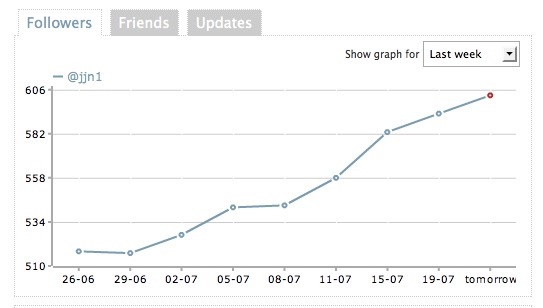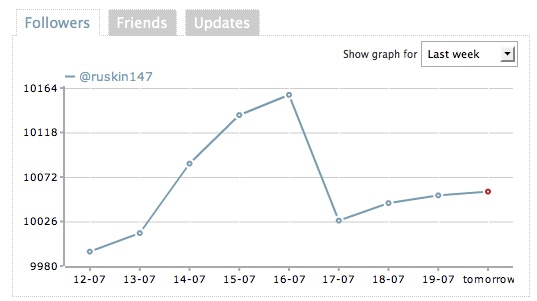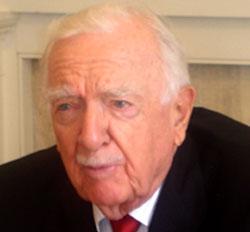It’s a rough world out there – as this Reuters report reminds us.
NEW YORK Reuters – Shares of Palm Inc fell more than 3 percent on Thursday after Apple Inc closed a loophole in iTunes that had allowed the music management software to be synchronized with Palms Pre phone.
On Wednesday, Apple released an update to iTunes — which complements the iPod and iPhone devices — meant to fix software bugs and “addresses an issue with verification of Apple devices.”
“It also disables devices falsely pretending to be iPods, including the Palm Pre. As we’ve said before, newer versions of Apples iTunes software may no longer provide syncing functionality with unsupported digital media players,” said Apple spokesman Tom Neumayr.
Don’t you just love that phrase “addresses an issue”?
So it may be some consolation to Palm stockholders that Apple is about to get it in the neck from Microsoft.
Microsoft is planning to open the first of its planned retail stores next to existing Apple stores this fall.
Kevin Turner, Microsoft’s Chief Operating Officer, told partners the news during his Worldwide Partner Conference keynote on July 15. A number of attendees tweeted Turner’s words immediately.
Microsoft officials announced in February that Microsoft was planning to open retail stores but have offered few details since that time as to what the stores would look like or when they’d open. I did hear from some Softies that the stores wouldn’t be clones of Apple’s, and that they’d be more showcases than actual retail outlets.
Turner told Partner show attendees that the knowledge Microsoft gained from running the stores would be “shared with partners.”
According to partners attending the conference, Turner said Microsoft wouldn’t be imitating Apple; it would be innovating with the new stores. Earlier this year, Microsoft officials said the stores would be more about building Microsoft’s consumer brand than distribution.
Microsoft hired David Porter, a former Dreamworks Animation and Wal-mart exec, as Corporate Vice President of Retail Stores earlier this year.





